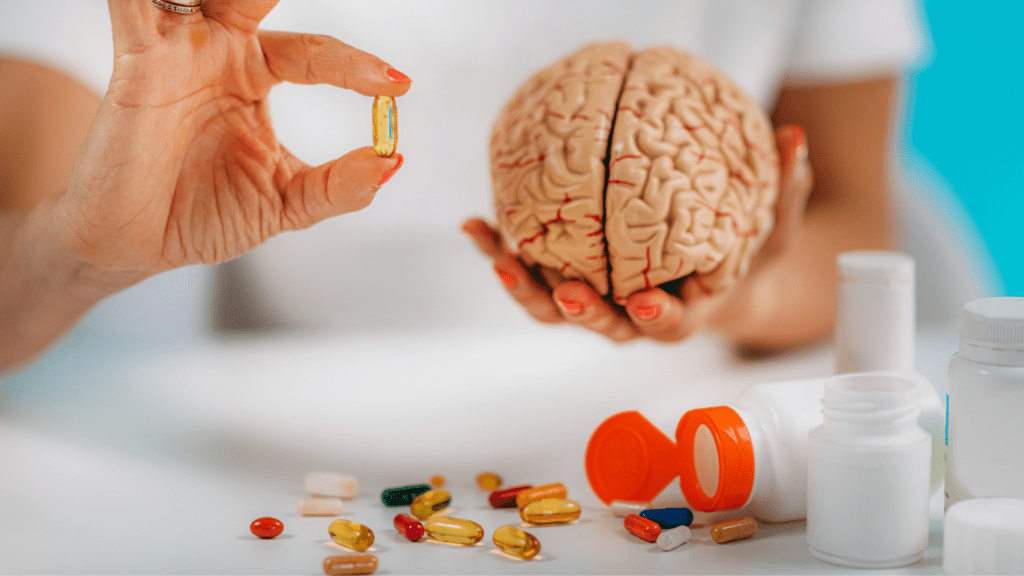Microdosing supplements has been gaining traction lately, and I’ve found it fascinating how this approach is changing the way we think about health and wellness. Instead of taking large doses, microdosing focuses on smaller, more consistent amounts to potentially enhance mental clarity, energy, or overall well-being. It’s a concept that’s sparked curiosity and debate in equal measure.
What I love about microdosing is its personalized nature—tailoring supplements to fit unique needs without overwhelming the body. But as with anything health-related, there’s a lot to unpack. From understanding how it works to knowing which supplements are safe to microdose, it’s essential to be informed before diving in. Let’s explore what makes microdosing so intriguing and whether it’s worth considering for your daily routine.
What Are Microdosing Supplements?
Microdosing supplements involve taking small, consistent amounts of a substance throughout the day rather than a single large dose. This method focuses on maintaining steady levels in the body to optimize effectiveness and reduce potential side effects.
These supplements can include:
- vitamins (e.g., vitamin D or B12)
- minerals (e.g., magnesium or zinc)
- herbal extracts (e.g., ashwagandha or ginseng)
The goal is to fine-tune consumption to specific needs, enhancing functions like focus, energy, or mood. Unlike traditional dosages, microdosing often uses amounts significantly lower than the recommended daily allowance.
Research supports that steady intake, like microdosing omega-3 fatty acids or adaptogenic herbs, can improve long-term outcomes without overwhelming the body’s systems. For individuals aiming for targeted benefits, microdosing offers precision and flexibility.
Benefits Of Microdosing Supplements
Microdosing supplements provide targeted support for mental and physical health, enhancing daily well-being through consistent, low-dose intake. By focusing on balance and personalization, microdosing reduces risks while improving outcomes.
Improved Mental Clarity
- Microdosing supports brain function by supplying steady levels of nutrients.
- Supplements like omega-3 fatty acids and nootropics, such as lion’s mane mushroom, can improve focus, memory, and overall cognitive performance.
- Smaller doses prevent overstimulation, allowing the mind to stay clear and sharp throughout the day.
Enhanced Physical Performance
Maintaining optimal physical energy and endurance becomes easier with microdosing. Adaptogens like ashwagandha and ginseng, taken in small amounts, can boost stamina and reduce fatigue. Consistent low-dose supplementation of amino acids or electrolytes helps maintain muscle recovery and hydration during physical activity.
Reduced Side Effects
Microdosing minimizes the likelihood of adverse reactions by avoiding large doses that might overwhelm the body. For example, vitamin B complex or magnesium, when taken in smaller portions, meets the body’s needs without causing digestive discomfort or nausea. By prioritizing steady intake, microdosing ensures safe and effective use.
Common Types Of Supplements Used For Microdosing

Microdosing involves a variety of supplements tailored to individual health goals. These commonly include vitamins, minerals, herbal extracts, nootropics, and adaptogens.
Vitamins And Minerals
Vitamins and minerals support essential bodily functions when incorporated into microdosing regimens. Vitamin D strengthens bones and immune health, while magnesium aids muscle relaxation and cognitive function. Micronutrients like B12 and iron enhance energy levels and combat fatigue. Smaller consistent doses maximize absorption and reduce risks of overloading the system.
Herbal Supplements
Herbal supplements improve well-being by utilizing plant-derived compounds. Ashwagandha enhances stress resilience, turmeric supports anti-inflammatory responses, and ginseng improves energy and focus. Microdosing these herbs maintains steady benefits without overstimulation. Efficacy depends on quality and specific dosages.
Nootropics
Nootropics improve cognitive performance and mental clarity through consistent intake. Substances like L-theanine promote relaxation and focus, while acetyl-L-carnitine boosts memory and neuroprotection. Microdosing allows sustained mental enhancement without the jitters or crashes linked to high intake.
Adaptogens
Adaptogens help the body manage stress and maintain balance. Rhodiola rosea reduces fatigue and enhances stamina, while holy basil supports mood stability. Consistent microdoses optimize stress responses without overstressing the adrenal system, providing long-term resilience.





